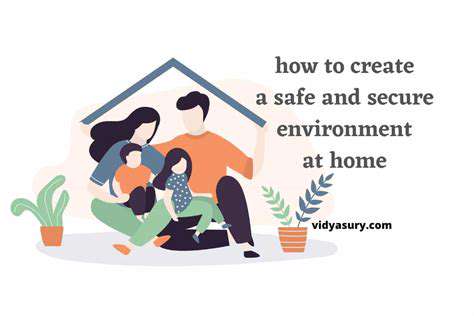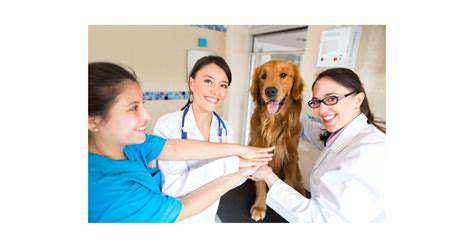How to Recognize and Prevent Bloat in Dogs
Gastric dilatation-volvulus (GDV), often referred to as bloat, is a life-threatening condition in dogs. Recognizing the early signs is crucial for prompt veterinary intervention. One of the most common early indicators is excessive panting, often accompanied by a noticeable increase in heart rate and respiratory effort. This is frequently a telltale sign that something is amiss, and should not be ignored.
Another early warning sign is a distended abdomen. While not always apparent in the early stages, a noticeable enlargement of the dog's midsection, often accompanied by discomfort or restlessness, should be immediately evaluated by a veterinarian. Pay close attention to any unusual behavior changes; these can be subtle but highly indicative of the developing condition.
Abdominal Distension and Pain: A Visible Sign
A visibly distended abdomen is a hallmark of GDV. The stomach, filled with gas and potentially food, will expand significantly, often causing discomfort and pressure on internal organs. This distension is often accompanied by observable straining or attempts to vomit that fail to produce anything. The dog may appear restless and anxious, showcasing a noticeable change in their typical demeanor.
The pain associated with GDV can manifest in various ways. Dogs might exhibit signs of discomfort, such as whining, restlessness, or pawing at their abdomen. This pain, combined with the abdominal distension, is a clear indication that immediate veterinary attention is necessary.
Changes in Appetite and Behavior: A Shift from Normal
A sudden loss of appetite or a significant decrease in food intake can be an early indicator of GDV. This change in eating habits, coupled with other symptoms like lethargy, can be overlooked if not carefully monitored. Additionally, dogs experiencing GDV often display restlessness and anxiety, exhibiting behaviors markedly different from their usual calm and relaxed demeanor.
A noticeable shift in behavior, including lethargy, weakness, and a reluctance to move, should be taken seriously. These behavioral changes, alongside other symptoms, strongly suggest the possibility of GDV.
Vomiting and Difficulty Swallowing: Troublesome Indicators
Persistent vomiting, particularly if it's non-productive (meaning no relief from the discomfort), is a serious symptom that warrants immediate veterinary attention. The condition may also be accompanied by difficulty swallowing, indicating a blockage or pressure on the esophagus. These problems are clear indicators of an underlying issue and necessitate a prompt veterinary visit.
Rapid Pulse and Respiratory Rate: Vital Signs to Watch
A rapid pulse and increased respiratory rate are often associated with GDV. These vital signs are crucial indicators of the severity of the condition and the body's stress response. A rapid pulse rate of over 120 bpm and an elevated respiratory rate, both noticeable and significant, should raise immediate concerns and prompt an urgent trip to the veterinary clinic. Monitoring these vital signs is essential in determining the urgency of the situation.
Lifestyle Adjustments to Minimize the Risk
Dietary Changes for Reduced Bloating
Adopting a diet lower in gas-producing foods can significantly reduce bloating. Foods like beans, lentils, broccoli, cabbage, and cauliflower are notorious for causing intestinal gas. While these foods are nutritious, incorporating them in moderation or finding alternative, lower-gas options can be beneficial. For example, consider steaming or lightly sautéing vegetables instead of raw consumption, which can sometimes exacerbate gas production. Furthermore, reducing intake of sugary drinks and processed foods can also contribute to a reduction in bloating.
Hydration is key to digestive health, and staying well-hydrated can help prevent bloating. Drinking plenty of water throughout the day can promote regular bowel movements, which can help eliminate excess gas. It's also important to be mindful of the timing of your meals, and avoid drinking too much water immediately before, during, or after meals, as this can dilute digestive enzymes and potentially lead to discomfort. Paying attention to your body's signals and adjusting your hydration habits accordingly can make a difference in your overall digestive well-being.
Managing Stress and Promoting Relaxation
Stress significantly impacts the digestive system. When stressed, the body releases hormones that can slow down digestion, potentially leading to gas buildup and bloating. Finding healthy ways to manage stress, such as practicing relaxation techniques like deep breathing exercises, yoga, or meditation, can be incredibly helpful. Incorporating regular physical activity into your routine, even just a brisk walk, can also contribute to stress reduction and improve digestion.
Adequate sleep is another crucial factor in managing stress and promoting overall well-being. Lack of sleep can disrupt the body's natural rhythms, negatively affecting the digestive process. Getting enough quality sleep each night allows the body to properly rest and repair, which can contribute to a healthier digestive system and reduce bloating.
Regular Exercise and Physical Activity
Engaging in regular physical activity is essential for overall health, and it can also play a significant role in minimizing bloating. Exercise helps to promote healthy digestion and regular bowel movements. Even moderate-intensity activities like walking, swimming, or cycling can contribute to a more efficient digestive process, reducing the likelihood of gas buildup and related bloating. Furthermore, maintaining a healthy weight through regular exercise can significantly impact overall digestive health and reduce the risk of certain digestive issues that contribute to bloating.
Physical activity can also help to reduce stress levels, which, as mentioned earlier, are closely linked to digestive health and bloating. A combination of cardiovascular exercise and strength training can be particularly beneficial in promoting overall well-being and reducing the incidence of bloating.
Seeking Veterinary Care and Post-Bloat Recovery
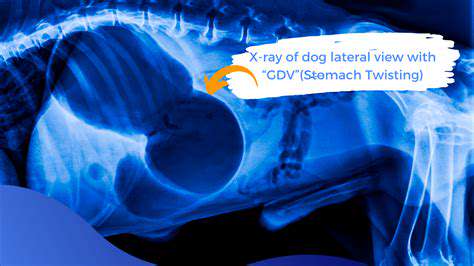
Seeking Veterinary Care for Your Pet
When your beloved pet is unwell, seeking prompt veterinary care is crucial for their health and well-being. A prompt diagnosis and treatment plan can significantly improve the chances of a positive outcome. Ignoring symptoms, even seemingly minor ones, can lead to more serious and potentially life-threatening conditions down the line.
Knowing when to take your pet to the vet can be challenging. Consider factors like changes in appetite, unusual behavior, lethargy, or any noticeable physical changes. A visit to the vet is always better than risking your pet's health and well-being.
Understanding Post-B Procedures
Post-procedure care is essential for a smooth and successful recovery. This includes following the veterinarian's specific instructions regarding medication, dietary restrictions, and activity limitations. Failure to adhere to these instructions could delay recovery or lead to complications.
Understanding the specific procedures and expected recovery timeframes is vital. This will help you prepare for the necessary care and support your pet needs at home.
Diagnostic Testing and Procedures
Diagnostic testing plays a vital role in identifying the cause of your pet's illness. These tests, which may include blood work, urinalysis, X-rays, or ultrasounds, provide valuable information for accurate diagnosis and treatment planning. Veterinarians utilize these tests to pinpoint the underlying cause of any health issue.
Medication Administration and Monitoring
Administering medication as prescribed is crucial for your pet's recovery. It's important to accurately measure the dosage and follow the correct administration method, whether it's oral, topical, or injectable. Always consult with your veterinarian if you have any questions or concerns about the medication.
Regular monitoring of your pet's response to the medication is essential. This allows the veterinarian to adjust the treatment plan if needed. Closely observe your pet for any side effects or changes in their condition.
Dietary Considerations and Nutritional Support
Dietary modifications might be necessary during and after a procedure or illness. A balanced and nutritious diet is essential for your pet's recovery and overall well-being. Specific nutritional needs may vary depending on the nature of the illness or procedure.
Consult with your veterinarian to determine the best dietary plan for your pet's specific needs. This may involve specialized diets or dietary supplements to support their recovery.
Managing Pain and Discomfort
Managing pain and discomfort after a procedure or illness is crucial for your pet's comfort and recovery. This may involve pain medication prescribed by the veterinarian. Providing a comfortable and safe environment is essential for your pet's well-being during this time.
Regular monitoring of your pet's pain levels and adjusting the pain management plan as needed is crucial for optimal recovery. Don't hesitate to contact your veterinarian if you have any concerns about your pet's pain.
![Review: [Specific Brand] Smart Pet Door](/static/images/33/2025-05/EaseofInstallationandSetup.jpg)
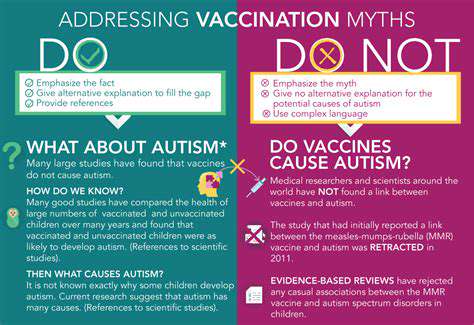
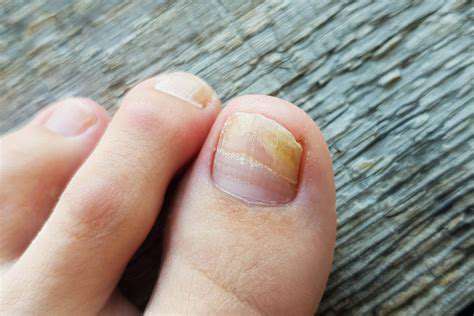
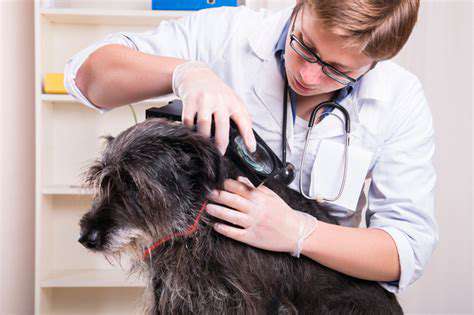
![Best Aquarium Heaters [2025 Review]](/static/images/33/2025-05/KeyFeaturestoConsider3ADurability2CSafety2CandEaseofUse.jpg)
